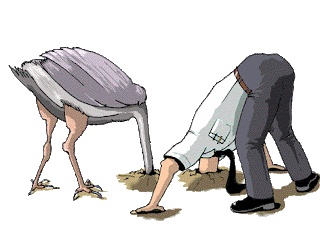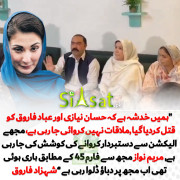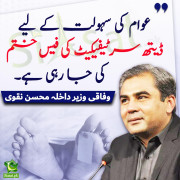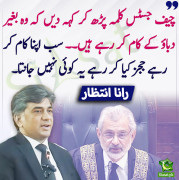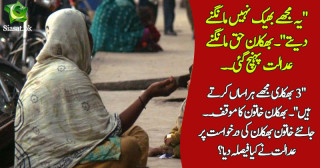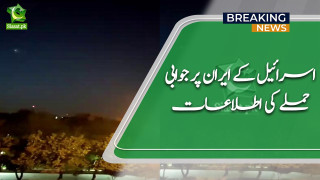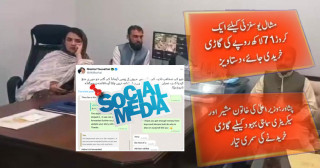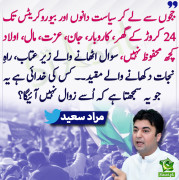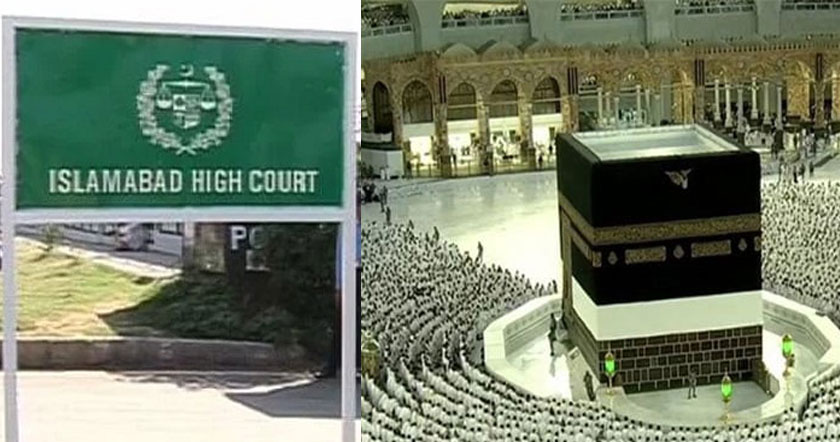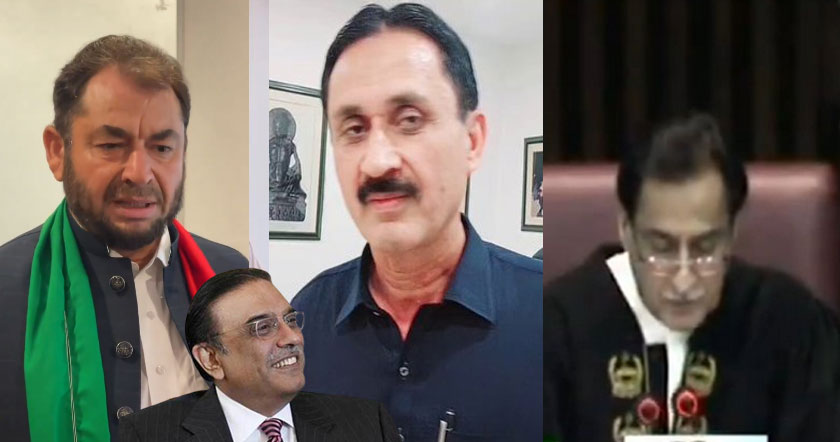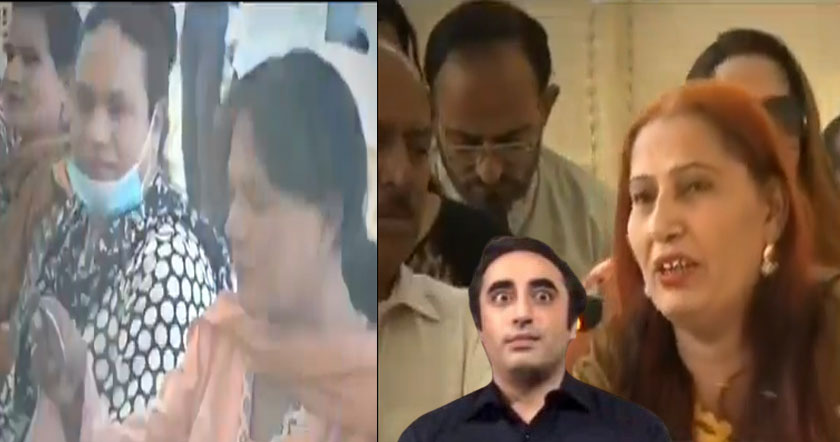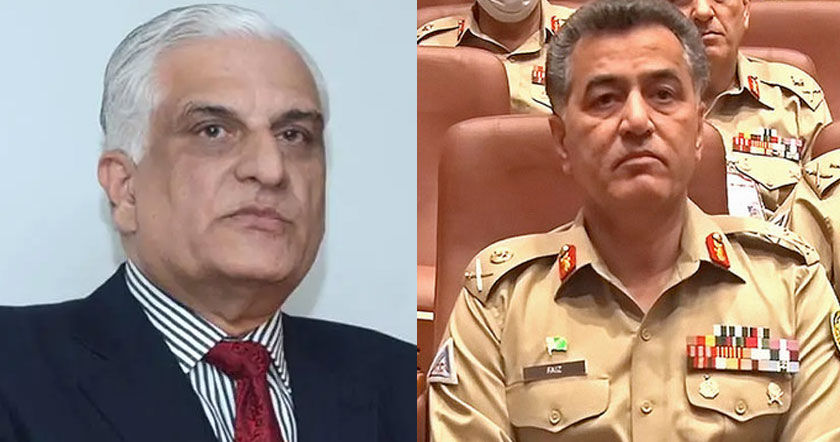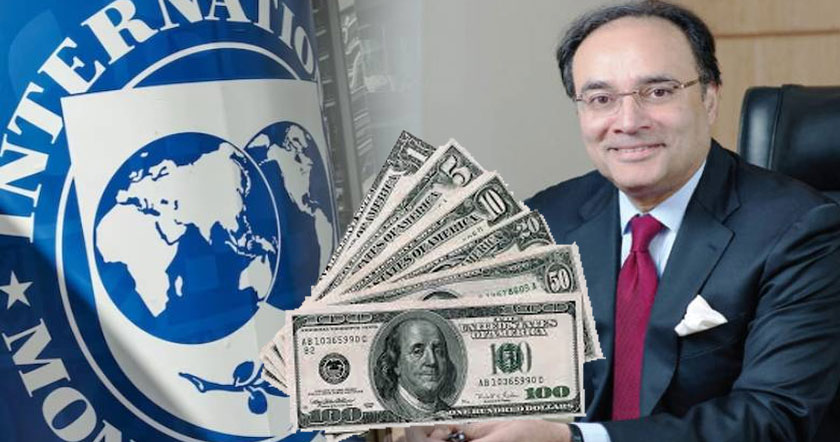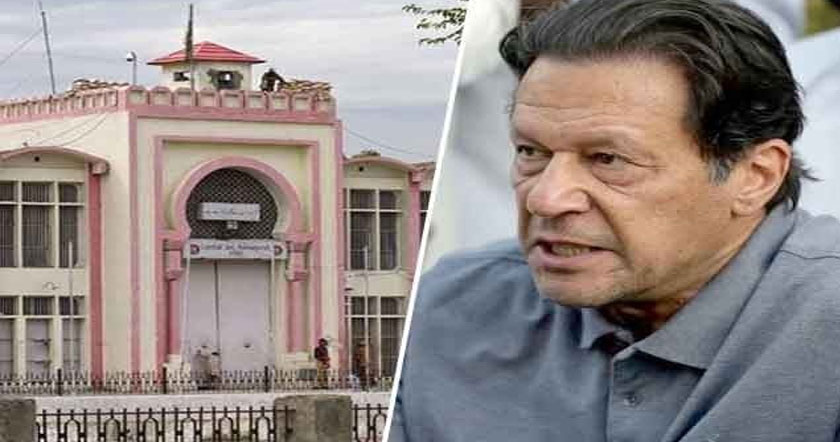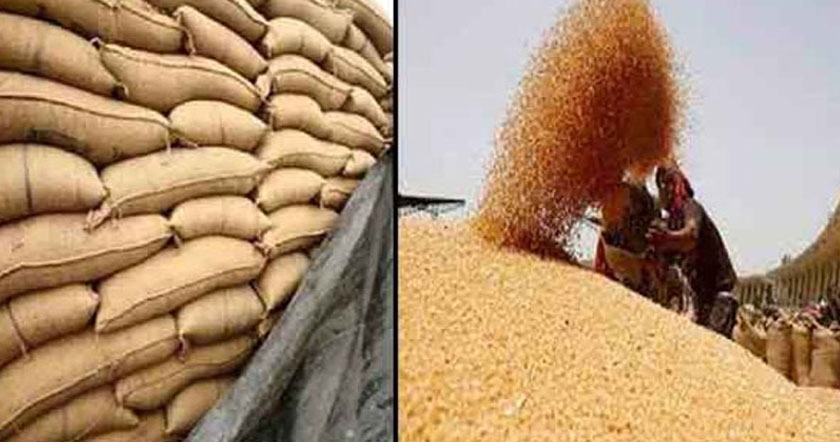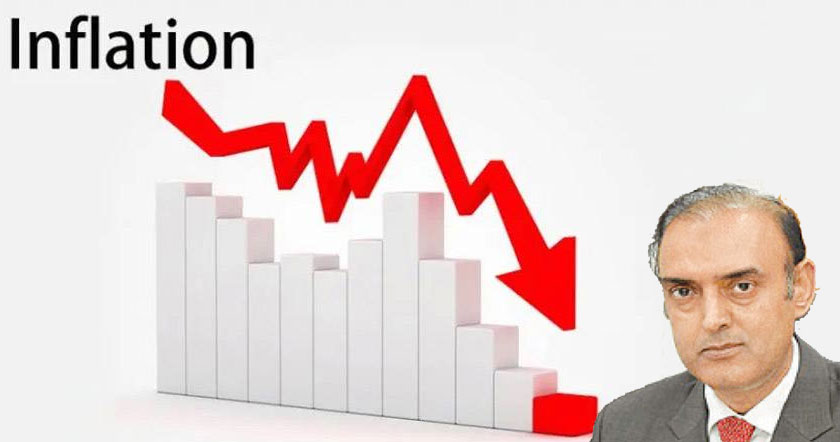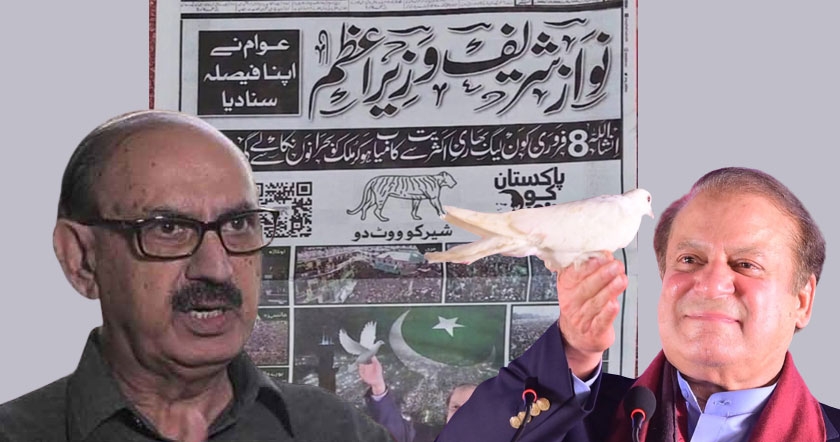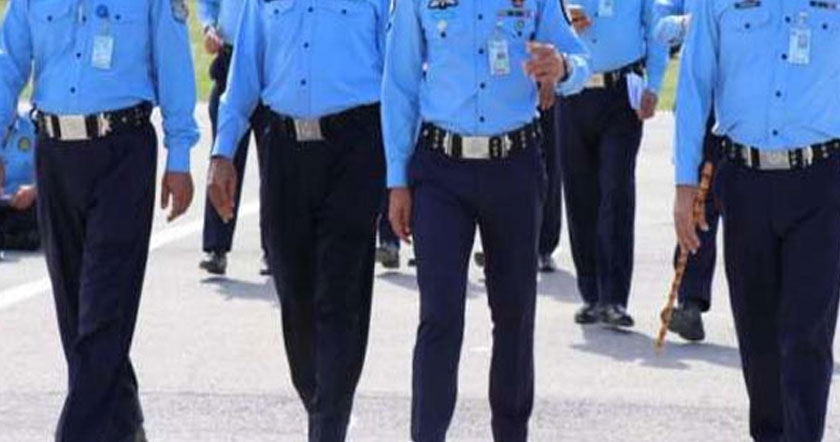[h=1]Exclusive: CIA Files Prove America Helped Saddam as He Gassed Iran
[/h] [h=2]The U.S. knew Hussein was launching some of the worst chemical attacks in history -- and still gave him a hand. [/h]
[h=3]BY SHANE HARRIS AND MATTHEW M. AID | AUGUST 26, 2013[/h]

The U.S. government may be considering military action in response to chemical strikes near Damascus. But a generation ago, America's military and intelligence communities knew about and did nothing to stop a series of nerve gas attacks far more devastating than anything Syria has seen, Foreign Policy has learned.
In 1988, during the waning days of Iraq's war with Iran, the United States learned through satellite imagery that Iran was about to gain a major strategic advantage by exploiting a hole in Iraqi defenses. U.S. intelligence officials conveyed the location of the Iranian troops to Iraq, fully aware that Hussein's military would attack with chemical weapons, including sarin, a lethal nerve agent.
The intelligence included imagery and maps about Iranian troop movements, as well as the locations of Iranian logistics facilities and details about Iranian air defenses. The Iraqis used mustard gas and sarin prior to four major offensives in early 1988 that relied on U.S. satellite imagery, maps, and other intelligence. These attacks helped to tilt the war in Iraq's favor and bring Iran to the negotiating table, and they ensured that the Reagan administration's long-standing policy of securing an Iraqi victory would succeed.
But they were also the last in a series of chemical strikes stretching back several years that the Reagan administration knew about and didn't disclose.
U.S. officials have long denied acquiescing to Iraqi chemical attacks, insisting that Hussein's government never announced he was going to use the weapons. But retired Air Force Col. Rick Francona, who was a military attach in Baghdad during the 1988 strikes, paints a different picture.
"The Iraqis never told us that they intended to use nerve gas. They didn't have to. We already knew," he told Foreign Policy.
According to recently declassified CIA documents and interviews with former intelligence officials like Francona, the U.S. had firm evidence of Iraqi chemical attacks beginning in 1983. At the time, Iran was publicly alleging that illegal chemical attacks were carried out on its forces, and was building a case to present to the United Nations. But it lacked the evidence implicating Iraq, much of which was contained in top secret reports and memoranda sent to the most senior intelligence officials in the U.S. government. The CIA declined to comment for this story.
In contrast to today's wrenching debate over whether the United States should intervene to stop alleged chemical weapons attacks by the Syrian government, the United States applied a cold calculus three decades ago to Hussein's widespread use of chemical weapons against his enemies and his own people. The Reagan administration decided that it was better to let the attacks continue if they might turn the tide of the war. And even if they were discovered, the CIA wagered that international outrage and condemnation would be muted.
In the documents, the CIA said that Iran might not discover persuasive evidence of the weapons' use -- even though the agency possessed it. Also, the agency noted that the Soviet Union had previously used chemical agents in Afghanistan and suffered few repercussions.
It has been previously reported that the United States provided tactical intelligence to Iraq at the same time that officials suspected Hussein would use chemical weapons. But the CIA documents, which sat almost entirely unnoticed in a trove of declassified material at the National Archives in College Park, Md., combined with exclusive interviews with former intelligence officials, reveal new details about the depth of the United States' knowledge of how and when Iraq employed the deadly agents. They show that senior U.S. officials were being regularly informed about the scale of the nerve gas attacks. They are tantamount to an official American admission of complicity in some of the most gruesome chemical weapons attacks ever launched.
Top CIA officials, including the Director of Central Intelligence William J. Casey, a close friend of President Ronald Reagan, were told about the location of Iraqi chemical weapons assembly plants; that Iraq was desperately trying to make enough mustard agent to keep up with frontline demand from its forces; that Iraq was about to buy equipment from Italy to help speed up production of chemical-packed artillery rounds and bombs; and that Iraq could also use nerve agents on Iranian troops and possibly civilians.
Officials were also warned that Iran might launch retaliatory attacks against U.S. interests in the Middle East, including terrorist strikes, if it believed the United States was complicit in Iraq's chemical warfare campaign.
"As Iraqi attacks continue and intensify the chances increase that Iranian forces will acquire a shell containing mustard agent with Iraqi markings," the CIA reported in a top secret document in November 1983. "Tehran would take such evidence to the U.N. and charge U.S. complicity in violating international law."
At the time, the military attach's office was following Iraqi preparations for the offensive using satellite reconnaissance imagery, Francona told Foreign Policy. According to a former CIA official, the images showed Iraqi movements of chemical materials to artillery batteries opposite Iranian positions prior to each offensive.
Francona, an experienced Middle East hand and Arabic linguist who served in the National Security Agency and the Defense Intelligence Agency, said he first became aware of Iraq's use of chemical weapons against Iran in 1984, while serving as air attach in Amman, Jordan. The information he saw clearly showed that the Iraqis had used Tabun nerve agent (also known as "GA") against Iranian forces in southern Iraq.
The declassified CIA documents show that Casey and other top officials were repeatedly informed about Iraq's chemical attacks and its plans for launching more. "If the Iraqis produce or acquire large new supplies of mustard agent, they almost certainly would use it against Iranian troops and towns near the border," the CIA said in a top secret document.
But it was the express policy of Reagan to ensure an Iraqi victory in the war, whatever the cost.
The CIA noted in one document that the use of nerve agent "could have a significant impact on Iran's human wave tactics, forcing Iran to give up that strategy." Those tactics, which involved Iranian forces swarming against conventionally armed Iraqi positions, had proved decisive in some battles. In March 1984, the CIA reported that Iraq had "begun using nerve agents on the Al Basrah front and likely will be able to employ it in militarily significant quantities by late this fall."
The use of chemical weapons in war is banned under the Geneva Protocol of 1925, which states that parties "will exert every effort to induce other States to accede to the" agreement. Iraq never ratified the protocol; the United States did in 1975. The Chemical Weapons Convention, which bans the production and use of such arms, wasn't passed until 1997, years after the incidents in question.
The initial wave of Iraqi attacks, in 1983, used mustard agent. While generally not fatal, mustard causes severe blistering of the skin and mucus membranes, which can lead to potentially fatal infections, and can cause blindness and upper respiratory disease, while increasing the risk of cancer. The United States wasn't yet providing battlefield intelligence to Iraq when mustard was used. But it also did nothing to assist Iran in its attempts to bring proof of illegal Iraqi chemical attacks to light. Nor did the administration inform the United Nations. The CIA determined that Iran had the capability to bomb the weapons assembly facilities, if only it could find them. The CIA believed it knew the locations.
Hard evidence of the Iraqi chemical attacks came to light in 1984. But that did little to deter Hussein from using the lethal agents, including in strikes against his own people. For as much as the CIA knew about Hussein's use of chemical weapons, officials resisted providing Iraq with intelligence throughout much of the war. The Defense Department had proposed an intelligence-sharing program with the Iraqis in 1986. But according to Francona, it was nixed because the CIA and the State Department viewed Saddam Hussein as "anathema" and his officials as "thugs."
The situation changed in 1987. CIA reconnaissance satellites picked up clear indications that the Iranians were concentrating large numbers of troops and equipment east of the city of Basrah, according to Francona, who was then serving with the Defense Intelligence Agency. What concerned DIA analysts the most was that the satellite imagery showed that the Iranians had discovered a gaping hole in the Iraqi lines southeast of Basrah. The seam had opened up at the junction between the Iraqi III Corps, deployed east of the city, and the Iraqi VII Corps, which was deployed to the southeast of the city in and around the hotly contested Fao Peninsula.
The satellites detected Iranian engineering and bridging units being secretly moved to deployment areas opposite the gap in the Iraqi lines, indicating that this was going to be where the main force of the annual Iranian spring offensive was going to fall, Francona said.
In late 1987, the DIA analysts in Francona's shop in Washington wrote a Top Secret Codeword report partially entitled "At The Gates of Basrah," warning that the Iranian 1988 spring offensive was going to be bigger than all previous spring offensives, and this offensive stood a very good chance of breaking through the Iraqi lines and capturing Basrah. The report warned that if Basrah fell, the Iraqi military would collapse and Iran would win the war.
President Reagan read the report and, according to Francona, wrote a note in the margin addressed to Secretary of Defense Frank C. Carlucci: "An Iranian victory is unacceptable."
Subsequently, a decision was made at the top level of the U.S. government (almost certainly requiring the approval of the National Security Council and the CIA). The DIA was authorized to give the Iraqi intelligence services as much detailed information as was available about the deployments and movements of all Iranian combat units. That included satellite imagery and perhaps some sanitized electronic intelligence. There was a particular focus on the area east of the city of Basrah where the DIA was convinced the next big Iranian offensive would come. The agency also provided data on the locations of key Iranian logistics facilities, and the strength and capabilities of the Iranian air force and air defense system. Francona described much of the information as "targeting packages" suitable for use by the Iraqi air force to destroy these targets.
The sarin attacks then followed.
The nerve agent causes dizziness, respiratory distress, and muscle convulsions, and can lead to death. CIA analysts could not precisely determine the Iranian casualty figures because they lacked access to Iranian officials and documents. But the agency gauged the number of dead as somewhere between "hundreds" and "thousands" in each of the four cases where chemical weapons were used prior to a military offensive. According to the CIA, two-thirds of all chemical weapons ever used by Iraq during its war with Iran were fired or dropped in the last 18 months of the war.
By 1988, U.S. intelligence was flowing freely to Hussein's military. That March, Iraq launched a nerve gas attack on the Kurdish village of Halabja in northern Iraq.
A month later, the Iraqis used aerial bombs and artillery shells filled with sarin against Iranian troop concentrations on the Fao Peninsula southeast of Basrah, helping the Iraqi forces win a major victory and recapture the entire peninsula. The success of the Fao Peninsula offensive also prevented the Iranians from launching their much-anticipated offensive to capture Basrah. According to Francona, Washington was very pleased with the result because the Iranians never got a chance to launch their offensive.
The level of insight into Iraq's chemical weapons program stands in marked contrast to the flawed assessments, provided by the CIA and other intelligence agencies about Iraq's program prior to the United States' invasion in 2003. Back then, American intelligence had better access to the region and could send officials out to assess the damage.
Francona visited the Fao Peninsula shortly after it had been captured by the Iraqis. He found the battlefield littered with hundreds of used injectors once filled with atropine, the drug commonly used to treat sarin's lethal effects. Francona scooped up a few of the injectors and brought them back to Baghdad -- proof that the Iraqis had used sarin on the Fao Peninsula.
In the ensuing months, Francona reported, the Iraqis used sarin in massive quantities three more times in conjunction with massed artillery fire and smoke to disguise the use of nerve agents. Each offensive was hugely successful, in large part because of the increasingly sophisticated use of mass quantities of nerve agents. The last of these attacks, called the Blessed Ramadan Offensive, was launched by the Iraqis in April 1988 and involved the largest use of sarin nerve agent employed by the Iraqis to date. For a quarter-century, no chemical attack came close to the scale of Saddam's unconventional assaults. Until, perhaps, the strikes last week outside of Damascus.
Click to the next page to read the secret CIA files.
Situation report on the Iran-Iraq war, noting that each side is preparing for chemical weapons attacks (July 29, 1982)
Iran-Iraq Situation Report by Foreign Policy
Top secret memo documenting chemical weapons use by Iraq, and discussing Iran's likely reactions (Nov. 4, 1983)
Iran's Likely Reaction to Iraqi Use of Chemical Weapons by Foreign Policy
Memo to the director of Central Intelligence predicting that Iraq will use nerve agents against Iran (Feb. 24, 1984)
Memo Predicts Use of Nerve Agents by Foreign Policy
CIA predicts "widespread use of mustard agents" and use of nerve agents by late summer (March 13, 1984)
CIA Predicts Widespread Use of Mustard Agents and Use of Nerve Agent by Late Summer by Foreign Policy
CIA confirms Iraq used nerve agent (March 23, 1984)
CIA Confirms Iraq Used Nerve Agent by Foreign Policy
CIA considers the consequences for chemical weapons proliferation now that Iraq has used mustard and nerve agent (Sept. 6, 1984)
Note on Chemical Weapons Proliferation and Posisble Consequences by Foreign Policy
Intelligence assessment of Iraq's chemical weapons program (January 1985)
Intelligence Assessment of Iraqi Chemical Weapons Program by Foreign Policy
http://www.foreignpolicy.com/articl...ica_helped_saddam_as_he_gassed_iran?page=full
[/h] [h=2]The U.S. knew Hussein was launching some of the worst chemical attacks in history -- and still gave him a hand. [/h]
[h=3]BY SHANE HARRIS AND MATTHEW M. AID | AUGUST 26, 2013[/h]

The U.S. government may be considering military action in response to chemical strikes near Damascus. But a generation ago, America's military and intelligence communities knew about and did nothing to stop a series of nerve gas attacks far more devastating than anything Syria has seen, Foreign Policy has learned.
In 1988, during the waning days of Iraq's war with Iran, the United States learned through satellite imagery that Iran was about to gain a major strategic advantage by exploiting a hole in Iraqi defenses. U.S. intelligence officials conveyed the location of the Iranian troops to Iraq, fully aware that Hussein's military would attack with chemical weapons, including sarin, a lethal nerve agent.
The intelligence included imagery and maps about Iranian troop movements, as well as the locations of Iranian logistics facilities and details about Iranian air defenses. The Iraqis used mustard gas and sarin prior to four major offensives in early 1988 that relied on U.S. satellite imagery, maps, and other intelligence. These attacks helped to tilt the war in Iraq's favor and bring Iran to the negotiating table, and they ensured that the Reagan administration's long-standing policy of securing an Iraqi victory would succeed.
But they were also the last in a series of chemical strikes stretching back several years that the Reagan administration knew about and didn't disclose.
U.S. officials have long denied acquiescing to Iraqi chemical attacks, insisting that Hussein's government never announced he was going to use the weapons. But retired Air Force Col. Rick Francona, who was a military attach in Baghdad during the 1988 strikes, paints a different picture.
"The Iraqis never told us that they intended to use nerve gas. They didn't have to. We already knew," he told Foreign Policy.
According to recently declassified CIA documents and interviews with former intelligence officials like Francona, the U.S. had firm evidence of Iraqi chemical attacks beginning in 1983. At the time, Iran was publicly alleging that illegal chemical attacks were carried out on its forces, and was building a case to present to the United Nations. But it lacked the evidence implicating Iraq, much of which was contained in top secret reports and memoranda sent to the most senior intelligence officials in the U.S. government. The CIA declined to comment for this story.
In contrast to today's wrenching debate over whether the United States should intervene to stop alleged chemical weapons attacks by the Syrian government, the United States applied a cold calculus three decades ago to Hussein's widespread use of chemical weapons against his enemies and his own people. The Reagan administration decided that it was better to let the attacks continue if they might turn the tide of the war. And even if they were discovered, the CIA wagered that international outrage and condemnation would be muted.
In the documents, the CIA said that Iran might not discover persuasive evidence of the weapons' use -- even though the agency possessed it. Also, the agency noted that the Soviet Union had previously used chemical agents in Afghanistan and suffered few repercussions.
It has been previously reported that the United States provided tactical intelligence to Iraq at the same time that officials suspected Hussein would use chemical weapons. But the CIA documents, which sat almost entirely unnoticed in a trove of declassified material at the National Archives in College Park, Md., combined with exclusive interviews with former intelligence officials, reveal new details about the depth of the United States' knowledge of how and when Iraq employed the deadly agents. They show that senior U.S. officials were being regularly informed about the scale of the nerve gas attacks. They are tantamount to an official American admission of complicity in some of the most gruesome chemical weapons attacks ever launched.
Top CIA officials, including the Director of Central Intelligence William J. Casey, a close friend of President Ronald Reagan, were told about the location of Iraqi chemical weapons assembly plants; that Iraq was desperately trying to make enough mustard agent to keep up with frontline demand from its forces; that Iraq was about to buy equipment from Italy to help speed up production of chemical-packed artillery rounds and bombs; and that Iraq could also use nerve agents on Iranian troops and possibly civilians.
Officials were also warned that Iran might launch retaliatory attacks against U.S. interests in the Middle East, including terrorist strikes, if it believed the United States was complicit in Iraq's chemical warfare campaign.
"As Iraqi attacks continue and intensify the chances increase that Iranian forces will acquire a shell containing mustard agent with Iraqi markings," the CIA reported in a top secret document in November 1983. "Tehran would take such evidence to the U.N. and charge U.S. complicity in violating international law."
At the time, the military attach's office was following Iraqi preparations for the offensive using satellite reconnaissance imagery, Francona told Foreign Policy. According to a former CIA official, the images showed Iraqi movements of chemical materials to artillery batteries opposite Iranian positions prior to each offensive.
Francona, an experienced Middle East hand and Arabic linguist who served in the National Security Agency and the Defense Intelligence Agency, said he first became aware of Iraq's use of chemical weapons against Iran in 1984, while serving as air attach in Amman, Jordan. The information he saw clearly showed that the Iraqis had used Tabun nerve agent (also known as "GA") against Iranian forces in southern Iraq.
The declassified CIA documents show that Casey and other top officials were repeatedly informed about Iraq's chemical attacks and its plans for launching more. "If the Iraqis produce or acquire large new supplies of mustard agent, they almost certainly would use it against Iranian troops and towns near the border," the CIA said in a top secret document.
But it was the express policy of Reagan to ensure an Iraqi victory in the war, whatever the cost.
The CIA noted in one document that the use of nerve agent "could have a significant impact on Iran's human wave tactics, forcing Iran to give up that strategy." Those tactics, which involved Iranian forces swarming against conventionally armed Iraqi positions, had proved decisive in some battles. In March 1984, the CIA reported that Iraq had "begun using nerve agents on the Al Basrah front and likely will be able to employ it in militarily significant quantities by late this fall."
The use of chemical weapons in war is banned under the Geneva Protocol of 1925, which states that parties "will exert every effort to induce other States to accede to the" agreement. Iraq never ratified the protocol; the United States did in 1975. The Chemical Weapons Convention, which bans the production and use of such arms, wasn't passed until 1997, years after the incidents in question.
The initial wave of Iraqi attacks, in 1983, used mustard agent. While generally not fatal, mustard causes severe blistering of the skin and mucus membranes, which can lead to potentially fatal infections, and can cause blindness and upper respiratory disease, while increasing the risk of cancer. The United States wasn't yet providing battlefield intelligence to Iraq when mustard was used. But it also did nothing to assist Iran in its attempts to bring proof of illegal Iraqi chemical attacks to light. Nor did the administration inform the United Nations. The CIA determined that Iran had the capability to bomb the weapons assembly facilities, if only it could find them. The CIA believed it knew the locations.
Hard evidence of the Iraqi chemical attacks came to light in 1984. But that did little to deter Hussein from using the lethal agents, including in strikes against his own people. For as much as the CIA knew about Hussein's use of chemical weapons, officials resisted providing Iraq with intelligence throughout much of the war. The Defense Department had proposed an intelligence-sharing program with the Iraqis in 1986. But according to Francona, it was nixed because the CIA and the State Department viewed Saddam Hussein as "anathema" and his officials as "thugs."
The situation changed in 1987. CIA reconnaissance satellites picked up clear indications that the Iranians were concentrating large numbers of troops and equipment east of the city of Basrah, according to Francona, who was then serving with the Defense Intelligence Agency. What concerned DIA analysts the most was that the satellite imagery showed that the Iranians had discovered a gaping hole in the Iraqi lines southeast of Basrah. The seam had opened up at the junction between the Iraqi III Corps, deployed east of the city, and the Iraqi VII Corps, which was deployed to the southeast of the city in and around the hotly contested Fao Peninsula.
The satellites detected Iranian engineering and bridging units being secretly moved to deployment areas opposite the gap in the Iraqi lines, indicating that this was going to be where the main force of the annual Iranian spring offensive was going to fall, Francona said.
In late 1987, the DIA analysts in Francona's shop in Washington wrote a Top Secret Codeword report partially entitled "At The Gates of Basrah," warning that the Iranian 1988 spring offensive was going to be bigger than all previous spring offensives, and this offensive stood a very good chance of breaking through the Iraqi lines and capturing Basrah. The report warned that if Basrah fell, the Iraqi military would collapse and Iran would win the war.
President Reagan read the report and, according to Francona, wrote a note in the margin addressed to Secretary of Defense Frank C. Carlucci: "An Iranian victory is unacceptable."
Subsequently, a decision was made at the top level of the U.S. government (almost certainly requiring the approval of the National Security Council and the CIA). The DIA was authorized to give the Iraqi intelligence services as much detailed information as was available about the deployments and movements of all Iranian combat units. That included satellite imagery and perhaps some sanitized electronic intelligence. There was a particular focus on the area east of the city of Basrah where the DIA was convinced the next big Iranian offensive would come. The agency also provided data on the locations of key Iranian logistics facilities, and the strength and capabilities of the Iranian air force and air defense system. Francona described much of the information as "targeting packages" suitable for use by the Iraqi air force to destroy these targets.
The sarin attacks then followed.
The nerve agent causes dizziness, respiratory distress, and muscle convulsions, and can lead to death. CIA analysts could not precisely determine the Iranian casualty figures because they lacked access to Iranian officials and documents. But the agency gauged the number of dead as somewhere between "hundreds" and "thousands" in each of the four cases where chemical weapons were used prior to a military offensive. According to the CIA, two-thirds of all chemical weapons ever used by Iraq during its war with Iran were fired or dropped in the last 18 months of the war.
By 1988, U.S. intelligence was flowing freely to Hussein's military. That March, Iraq launched a nerve gas attack on the Kurdish village of Halabja in northern Iraq.
A month later, the Iraqis used aerial bombs and artillery shells filled with sarin against Iranian troop concentrations on the Fao Peninsula southeast of Basrah, helping the Iraqi forces win a major victory and recapture the entire peninsula. The success of the Fao Peninsula offensive also prevented the Iranians from launching their much-anticipated offensive to capture Basrah. According to Francona, Washington was very pleased with the result because the Iranians never got a chance to launch their offensive.
The level of insight into Iraq's chemical weapons program stands in marked contrast to the flawed assessments, provided by the CIA and other intelligence agencies about Iraq's program prior to the United States' invasion in 2003. Back then, American intelligence had better access to the region and could send officials out to assess the damage.
Francona visited the Fao Peninsula shortly after it had been captured by the Iraqis. He found the battlefield littered with hundreds of used injectors once filled with atropine, the drug commonly used to treat sarin's lethal effects. Francona scooped up a few of the injectors and brought them back to Baghdad -- proof that the Iraqis had used sarin on the Fao Peninsula.
In the ensuing months, Francona reported, the Iraqis used sarin in massive quantities three more times in conjunction with massed artillery fire and smoke to disguise the use of nerve agents. Each offensive was hugely successful, in large part because of the increasingly sophisticated use of mass quantities of nerve agents. The last of these attacks, called the Blessed Ramadan Offensive, was launched by the Iraqis in April 1988 and involved the largest use of sarin nerve agent employed by the Iraqis to date. For a quarter-century, no chemical attack came close to the scale of Saddam's unconventional assaults. Until, perhaps, the strikes last week outside of Damascus.
Click to the next page to read the secret CIA files.
Situation report on the Iran-Iraq war, noting that each side is preparing for chemical weapons attacks (July 29, 1982)
Iran-Iraq Situation Report by Foreign Policy
Top secret memo documenting chemical weapons use by Iraq, and discussing Iran's likely reactions (Nov. 4, 1983)
Iran's Likely Reaction to Iraqi Use of Chemical Weapons by Foreign Policy
Memo to the director of Central Intelligence predicting that Iraq will use nerve agents against Iran (Feb. 24, 1984)
Memo Predicts Use of Nerve Agents by Foreign Policy
CIA predicts "widespread use of mustard agents" and use of nerve agents by late summer (March 13, 1984)
CIA Predicts Widespread Use of Mustard Agents and Use of Nerve Agent by Late Summer by Foreign Policy
CIA confirms Iraq used nerve agent (March 23, 1984)
CIA Confirms Iraq Used Nerve Agent by Foreign Policy
CIA considers the consequences for chemical weapons proliferation now that Iraq has used mustard and nerve agent (Sept. 6, 1984)
Note on Chemical Weapons Proliferation and Posisble Consequences by Foreign Policy
Intelligence assessment of Iraq's chemical weapons program (January 1985)
Intelligence Assessment of Iraqi Chemical Weapons Program by Foreign Policy
http://www.foreignpolicy.com/articl...ica_helped_saddam_as_he_gassed_iran?page=full


